In order to continue the drive towards sustainable business, we must recalibrate our motivations. We should again ask ourselves, why do we care about embedding ESG principles across our business? Why must we continue to strive towards sustainable business practices? When we truly reflect on these questions, the answer is simple – people.
Environmental responsibility, by nature, is often human-centric: being mindful of our use of natural resources today, ensures they remain available for future generations to meet their own needs. Similarly, adopting ethical business practices ensures that we protect people: having strong data privacy policies protects people, for example, by avoiding consumers being victims of fraud or identity theft.
In recent years, much of the focus in sustainability conversations has tended to be on the environmental – E – of ESG, but what stakeholders often miss is that the S is, in fact, at the heart of ESG.
While companies have made huge progress in measuring and improving people-related issues within their direct workforce, we still have a long way to go until we respect and promote the rights of people other than our direct colleagues.
Until recently, EDP’s supplier management objectives were orientated towards direct suppliers, including subcontractors, and aimed at ensuring legal compliance, namely respect for human and labour rights, and the use of management processes in line with good practices. However, we no longer believe that this goes far enough.
While we still maintain standard ESG compliance objectives, we aim to go further and commit our partners to wider sustainability goals, including but not limited to the creation of value for nature and communities, effective development of diversity and positive social transformation. We have broadened the social indicators that we consider and measure, to go beyond standard labour practice indicators. In addition to this, we also aim to work with direct suppliers to commit to establishing sustainability goals for their respective suppliers, thus having a multiplier effect along the value chain.
A similar impact has been seen within climate targets – companies that are serious about taking meaningful action to mitigate their environmental risks, must leverage their purchasing power, and work with their suppliers, to ensure ambition cascades upstream.
This movement is already beginning to blur into the realm of human and labour rights – we have recently seen the EU considering a due diligence law for company supply chains, while Germany has already introduced a new law obligating companies to establish human rights due diligence across the supply chain. However, EDP sees this shift as more holistic than traditional “due diligence” – we do not want to be seen as the ESG police! I would love to see procurement practitioners viewing suppliers as partners – peers that we learn from and collaborate with, to accelerate human and labour rights across the full value chain.

Eduardo Moura, Sustainability Director – EDP
Source: CC Social Impact Feed

